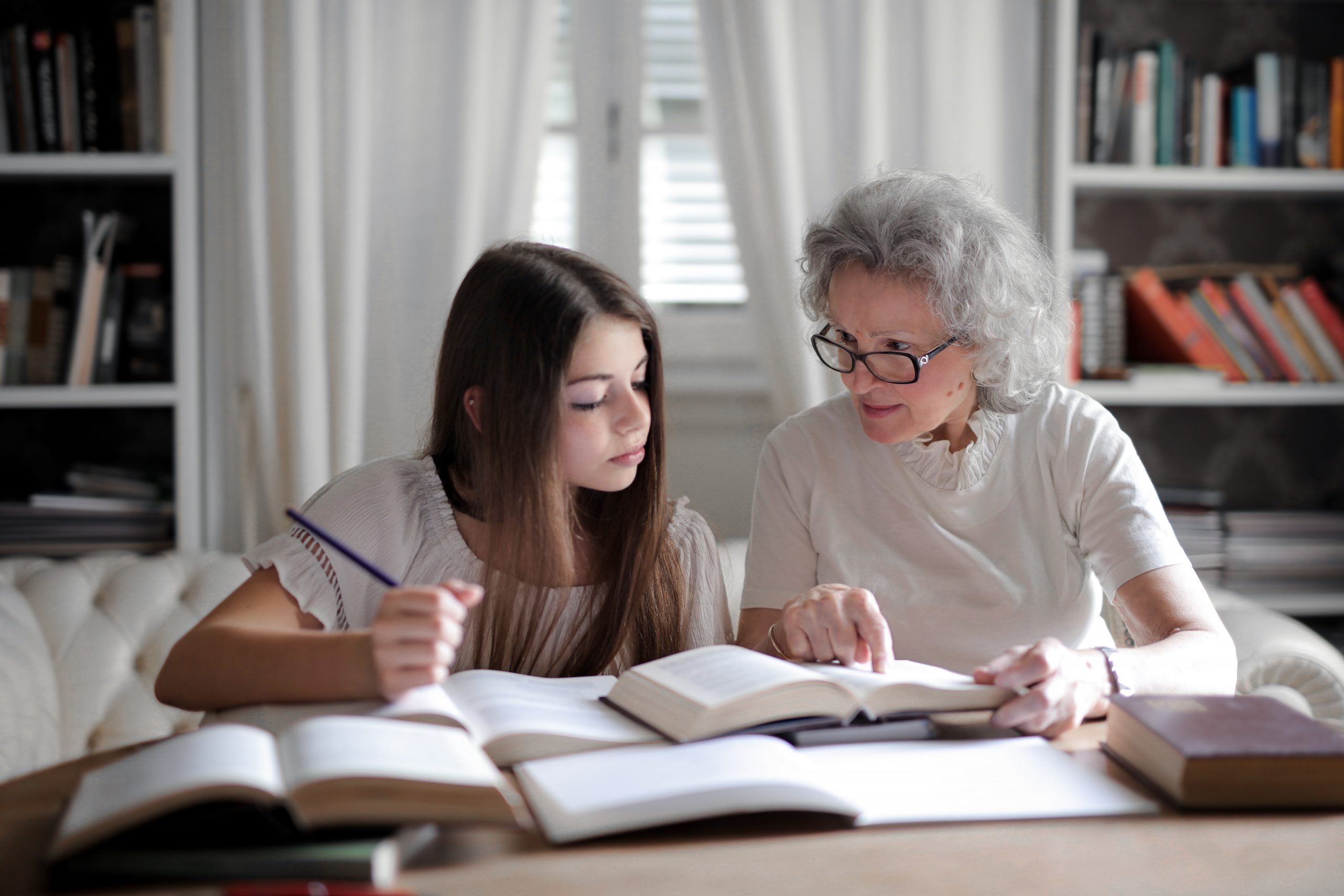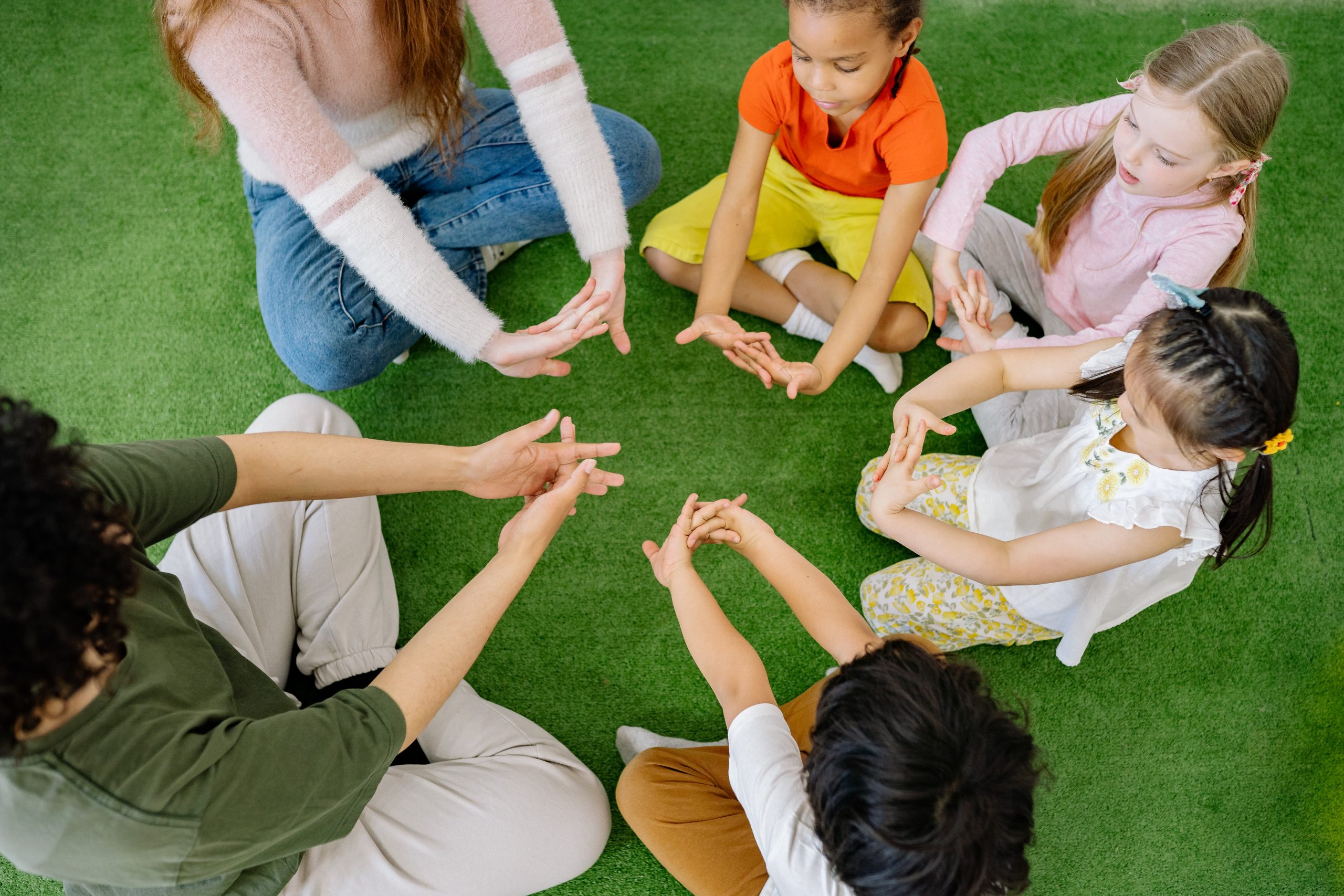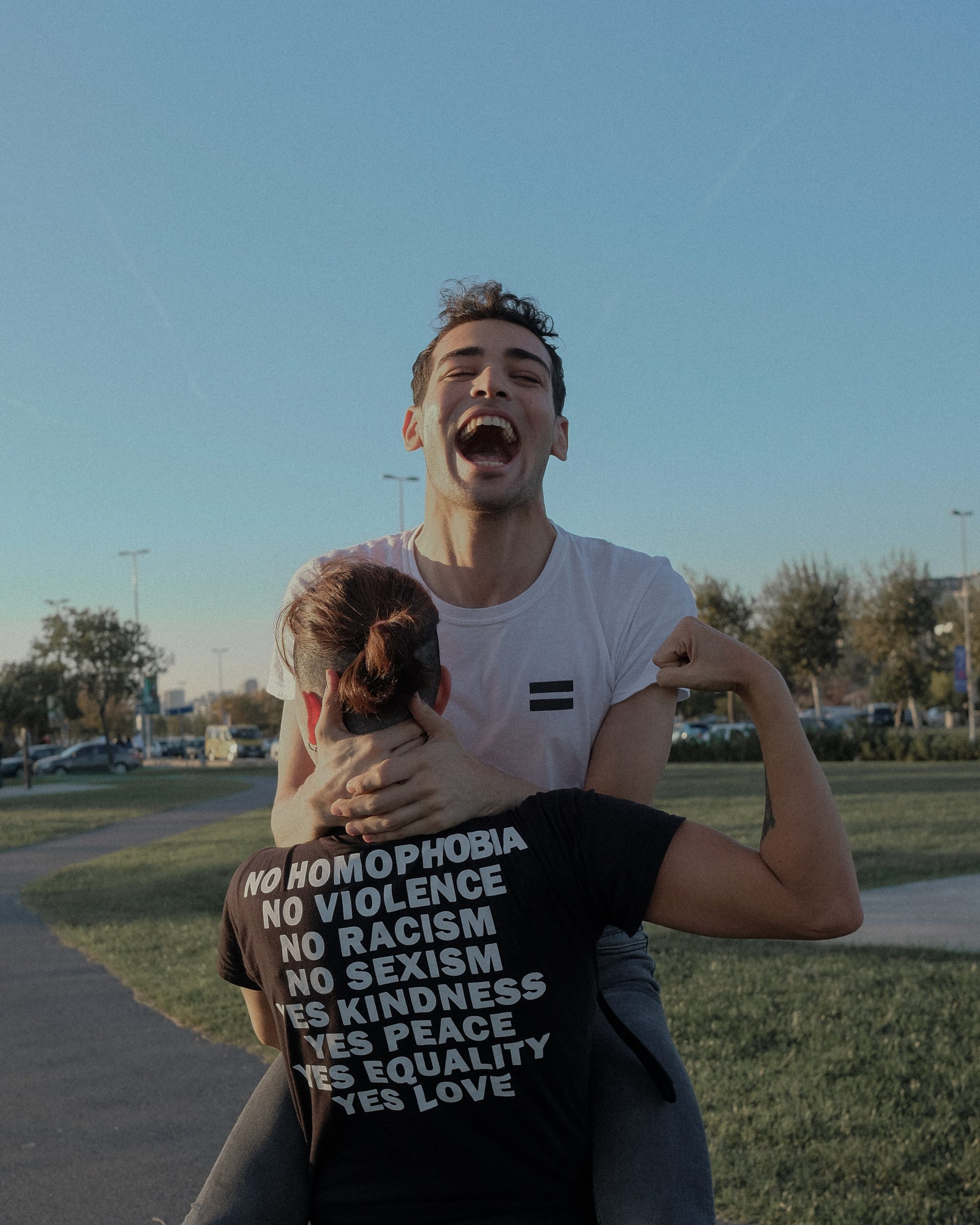Why is Radical Empathy Among Youth Essential?
By: Asim Mudgal
Education & Learning, Psychology, Social & Youth development,

“You learn better from the best encouragement or feedback you ever got.”
When we talk about Radical Empathy, we do need one to say, “…been there and have experienced.” In saying so, we say, “We connect more rationally than partially.” When we talk about Partially, we have been talking more Professionally. So, the other side falls under the category of Empathy. If I explain this to you, A teacher can talk with their students without being vulnerable from their side when they ask questions about life problems. Or Either they can talk to them more Radically, like sharing their life experiences and motivating them simultaneously to pursue good. On that note, let’s understand “Why Radical Empathy Among Youth is essential?”
Radical Empathy
What does the research say? Radical Empathy comes more from what I have experienced than Everyone or We have experienced. When we involve ourselves as a person, we form real connections and make people learn better.
At What level one should involve radically is the question?
In Personal Lives

Source:https://bit.ly/3aXJKyf
For example, If I speak for myself, “Recently, someone asked me for money and gave it instantly based on the one-month connection. Hence, I lost my assets.” What I am trying to say is too much involvement is dangerous. I see here as a perspective that we may find somebody frustrated and unmotivated. We can encourage them to earn for themselves. That encouragement would improve their understanding. For example, “A friend of ours has loosened hopes and motivations. You tell them, don’t worry, I will send the bulk of the money. You just have fun.” In this context, this is not the right thing to do. Even the lesser ones have encouragement to work harder.
At Schools and Colleges

Source: https://bit.ly/3z2kWgv
Another context is the relationship between a teacher and a student. So, in the teaching and learning process that relationships need to be balanced. The first thing is the boundaries you have to draw. And the second thing is the idea of sharing that won’t be possible with everyone. According to research, What I have understood is that professors should be vulnerable about their experiences when they find their students frustrated and unmotivated. That point needs to be the core of someone’s disapproval of doing things or taking up roles. In other cases, one can share Empathy as a need of everyday motivation in the classroom.
In Homes

Source: https://bit.ly/2UfcFQ4
At home, Radical sharing is more open and conversational. Sometimes, my father says some important things that I listen to at one time but not at the other. But somehow, some points get stuck with us, and we find them helpful at some point. The same advice is from the mother’s side that we have in there. We agree that mothers are more partial in giving us chances and making us do better. But if we as youth are radically empathetic to understand, we will do better and prove her faith in us. That’s why Radical Empathy among Youth is essential.
[Family building is a completely different concept to learn and understand. But we know the basics that a healthy family is a place where Radical Empathy thrives is the one where there’s love as the base of the structure.]
Components Of Empathy
Empathy is a concept that can be related to one’s understanding of connections and sharing thoughts through talks. Precisely, Empathy can be Cognitive that involves perspective learning. Further, the concept might be used by psychologists to help people. The emotional Empathy state is the point when you feel real physical and emotional neuron connections.
Terri Givens, Author of the book, Radical Empathy: Finding a Path to Bridging Racial Divides (2021), states that Practicing radical Empathy can provide that change in people’s lives and that Practicing involves six components.
Six Components of Terri Givens
Being willing to be vulnerable.
Becoming grounded in who you are.
Opening yourself to the experiences of others.
Practicing Empathy.
Taking action.
Creating change and building trust.
Peter Laughter, in 2015 TedTalks, said that Practicing Radical Empathy is a Sense Of Self-Awareness. When practicing Radical Empathy, we are here to question and know, “What is going on with the person with a sense of anger feeling that made them angry at the very moment?”
And when we realize that we are aware of how we can help them and make them listen to themselves and heal.
Radical Empathy Among Youth
People see themselves in a mirror where they feel judged and misguided. A distant eye filled with Empathy and a smile can heal someone. When we say, “It’s alright. Take care of things for the next time.” We assure them of faith and might reduce the conflict they might be already dealing with.
For example, “someone who lost money, stressed and guilty for weeks. Or someone who failed a paper and is feeling guilty. Or someone who lost a pet or mistakenly dropped food, coffee, tea, or other valuable items. And they feel unhappy, stressed, and guilty. In such situations, when we assure them of good, they might bring the best of the situations.” Moreover, there is a common saying, “… You haven’t lost, You are alright. Then that’s it. We will find the other half.”
We live in a culturally constructed society where we hear “How struggling life was for the people who are privileged today. And they expect the same from their kids.” But today, the struggle is more of mental nature and physical. The sole reasons are the possibility of easily available modes in the closed sphere. In that sphere, to be more Radically Empathetic becomes tedious and results in constant fights. The only way we can question ourselves and be more compassionate is by sitting alone for a moment for reflection. And that moment should come from the inner soul.
How Radical Empathy Among Youth Impersonated through the inner soul?
Inner peace and understanding of the inner soul come from the very first teach-learning process. That process develops from understanding the meaning of humanity and Empathy. Furthermore, the Teaching process begins with parents’ lifestyles and ways of talking. For example, “If parents constantly joke about someone’s sexuality or say, “See, he looks like a girl or walks like a girl.” A teenage child will pick up the same line without understanding the impact they are creating and would hurt someone.” We need to understand here that it took time, and we can’t address the issues in the 90s-80s child, but today, if this happens, it means to achieve the stan of radical Empathy, there’s a long way to go.
But we can only put substantial blame on households for not knowing the basic idea of equality. On the other side of our house is the school or classroom. Most of the time, what we don’t learn from our homes. We learn from books and schools. How to be Empathetic toward people beyond racism? The asked question answers are the long-awaited process of deeper understanding.
Radical Empathy Among Youth: Apart From House Learning
“I learned the difference between anger and mismanagement. Apart from sexual trouble, I learned How to be at peace and talk to people, from the school side learning.” “…All those Oscar winning movies, feature films, and short films taught me to embrace womanhood and the idea of woman.”
I always believed that if there were moral stories that we haven’t read or heard, we might not learn the difference between What’s happening in the house, Outside the house, and In school. A balanced life that we learned from school textbooks stories. In every story, there was a lesson for us that we took home, whether it was Tenali Rama or A Diary Of A Young Girl.
Peter Laughter said in his 2015 TedTalks on Radical Empathy that whenever he saw his wife, child, or co-worker angry, he would ask one question, “Hey, I know you aren’t like that. Is something Happening, or Do you want to talk about something?” And when he used those questions, the conversation would shift, and seeing another person from our lense made that person talk.
See Also: Learning Through Travelling
What’s Happening Around the World?

Source: https://bit.ly/3zrUIFm
Today they are picking up a gun and shooting anyone. In America, a teenager held a Gun and shot classmates. In India, a gay man was blackmailed and murdered. People are demanding to ban conversion therapy and protect Individual rights to choose. But what has passed is the “Don’t Say Gay” Bill. People are protesting for “Black Lives Matter,” “Dalit Lives Matter,” “Racism,” and “Gender Inequality.” But everything that will happen for betterment. And it will stop when we adopt Radical Empathy for others through our self-aware lens.
References: https://bit.ly/3Pvvn34, https://bit.ly/3zsRT7e, https://bit.ly/3Pz3iIi, https://bit.ly/3b4r3cc
Further Readings: Understanding Empathy , Spritual Radical Empathy
Tags: Education and Learning, Empathy, Personality Development, Psychology, RadicalEmpathy, RadicalEmpathyAmongYouth, youth, Youth Development, youth mental health,









